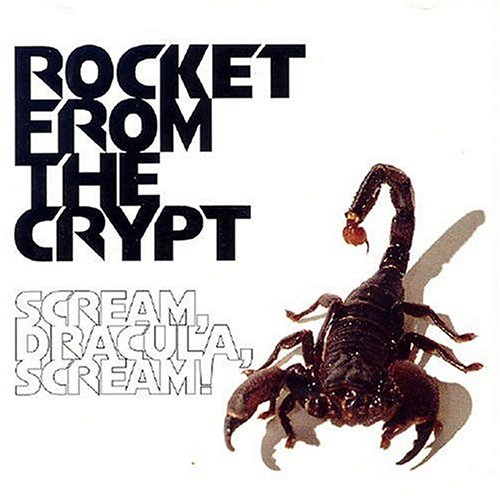
I don’t know just how many versions of Rodgers and Hammerstein’s “My Favorite Things” John Coltrane recorded, but conservatively speaking it numbers in the dozens, the majority of them performed by the “classic quartet” of Coltrane on saxophone (soprano), McCoy Tyner on piano, Jimmy Garrison on bass and Elvin Jones on drums, but several versions do feature different lineups, too. The song held a deep fascination for Coltrane; it was a measuring stick for his mastery of the soprano, for his bands’ cohesiveness and communication; and for listeners, it provides insight into the development of the sound John William Coltrane heard in his head. It varies from the buoyant near-pop hit originally recorded and released on the album of the same name (Atlantic, 1960) to the brutal and coarse assault of 1967’s The Olatunji Concert, recorded shortly before his death. In between, there are shorter versions, and marathon versions with lengthy bass solos. I probably have a dozen or more iterations in my collection, and it seems every time I buy another Coltrane release (which I do with alarming regularity), my wife jokingly asks, “Does he do ‘My Favorite Things?’” It’s an apt question, for what can be the appeal of hearing the same song over and over and over again by the same musician? The answer is that it is always and never the same.
The dervish-like sound of that soprano horn is a constant, as is the obvious commitment, skill and passion of the musicians involved. But in almost every other respect, they are unique. The sound, the feel - there is always some detail which differs in the telling. The 1960 Atlantic is joyful and breathless; the nearly hour-long Japanese performance is grueling but rewarding; the above-mentioned Olatunji version is harrowing and raw; the Half Note recording sounds more exotic than most others. Interestingly, there are two versions on the latest live Coltrane CD release (and I sincerely hope they keep uncovering/repackaging/recombining this stuff), fittingly titled My Favorite Things: Coltrane Live at Newport. The CD is a compilation of Trane’s performances at that revered Rhode Island festival in 1963 and ’65 with his quartet. What’s noteworthy is that the two performances feature slightly different lineups – the classic group in ’65, but with veteran drummer Roy Haynes filling in for the, um, “ill” Elvin Jones in 1963.
What the 1963 version makes plain is the exact nature and overall importance of Jones’ contribution to the quartet’s sound. There is no question that Coltrane’s horn is the lynchpin of the whole, this music machine which, even at it’s most unrestrained and out, retains an elegiac sound - the sonic embodiment of the leader’s spiritual quest. But Jones’ high-hat, his momentum, the series of mini-crescendos he produces, are a sizeable contributor to that brimstone-scented religiosity. Without them, the band is a different entity altogether.
The 1963 version with Haynes on drums is lighter, skippier, than most others. It has a snap generally not present with this group (and that is most certainly not a criticism, simply an observation), a hard-bop oomph as opposed to a church music bombast. Haynes leads the group down different paths, producing a sound which suggests this band might’ve had a career as a supremely professional club act, had they chosen to pursue that end.
Jones is irreplaceable. Without him, the Classic Quartet would’ve been a different band. Haynes is himself a consummately skilled drummer, a true great, but what would A Love Supreme have sounded like with him and not Jones in the chair? The 1963 Newport performance is stunning and wondrous, and singular in the panoply of Coltrane’s performances of the song. But its greater importance is in removing one of the legendary group’s key elements and, in doing so, confirming that element’s significance to the band’s astonishing body of work.
I will forever be transfixed by John Coltrane’s renderings of “My Favorite Things,” a warhorse of a standard that would prove the artist’s longstanding obsession. It was his Leaves of Grass, the thing to which he returned again and again, tweaking, further exploring, revising, plumbing, editing. This latest available version has added a new dimension to my appreciation of the song, and of the band which performed it so many times.






